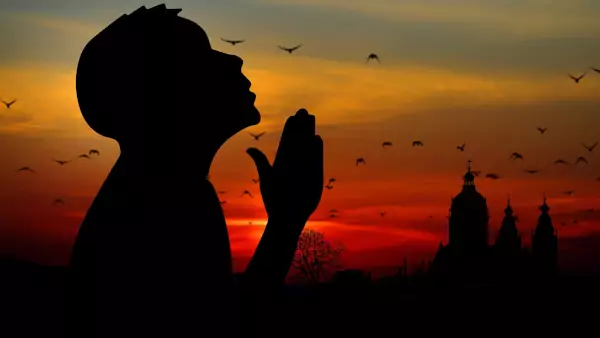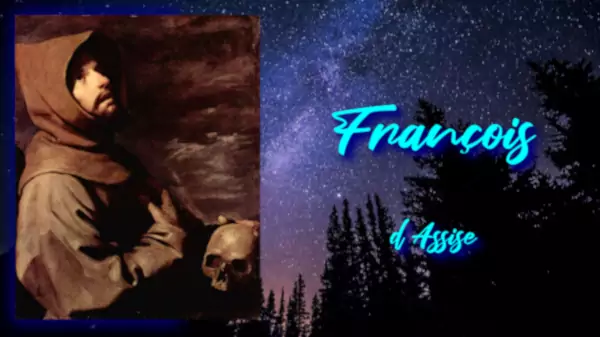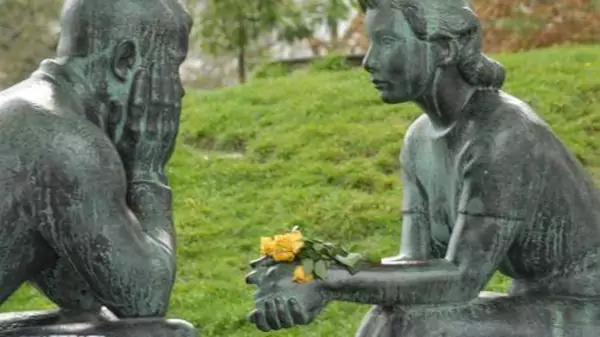- Presented by Ratovoarivelo Ndrasantsoa Marie Frédeline
- Category: Saint of the day
-
Also available:


05 October - Helena Kowalska was born in 1905 in the village of Głogowiec near Łódź, she is the third of ten children from a poor farming family. Helena first felt a call to religious life at the age of 7 (1912).
- Presented by Rakotoarisoa Sedera Joseph
- Category: Gospel
-
Also available:


Wednesday, 5th October, 2022 — Twenty-seventh week in Ordinary Time — You have received a spirit of adoption as sons through which we cry: Abba! Father — Gospel of Jesus Christ according to Saint Luke 11, 1-4
- Presented by Ratovoarivelo Ndrasantsoa Marie Frédeline
- Category: Saint of the day
-
Also available:


04 October - Francis of Assisi, born Giovanni di Pietro Bernardone in Assisi in 1181, was the son of a rich merchant family in Umbria. At his birth, while his father was in France, his mother had him baptized under the name Giovanni (John). On returning from his trip, his father gave him the name Francesco (Francis).
- Presented by Rakotoarisoa Sedera Joseph
- Category: Gospel
-
Also available:


Tuesday, 4th October, 2022 — Twenty-seventh week in Ordinary Time — Blessed are those who hear the word of God and observe it — Gospel of Jesus Christ according to Saint Luke 10, 38-42
Subcategories
Message from the Bishops at the end of the Pilgrimage

Dear brothers and sisters in Christ, You who have come in such large numbers to take part in this national pilgrimage, as well as all of you who are following it from home through the media. We, the bishops of Madagascar, would like to express our deep gratitude to you for having responded to our invitation and for having brought this jubilee initiated by Pope Francis to life spiritually. With you, we take up Mary's song: ‘My soul exalts the Lord’ and we repeat with her: ‘What shall I repay the Lord for all the good he has done me?’....
Read more ...Love and Salvation

Christmas is a great joy, because it is the love of God that has come to us, proclaims Fr. Bizimana Innocent, Provincial Superior of the Salesians Don Bosco of Madagascar and Mauritius, presenting his Christmas greetings. Salvation is accomplished, so life is not in danger of disappearing. It is this love and this salvation that we wish to fill our life so that we have peace.
Read more ...Zatti, our brother

The short film "Zatti, our brother" (Argentina, 2020) focuses on one of the most difficult episodes of his life. We are in Viedma, in 1941: at the age of 60, Zatti is forced to leave the hospital he has attended for decades. His faith and strength are tested.
Read more ...© 2025 Radio Don Bosco







